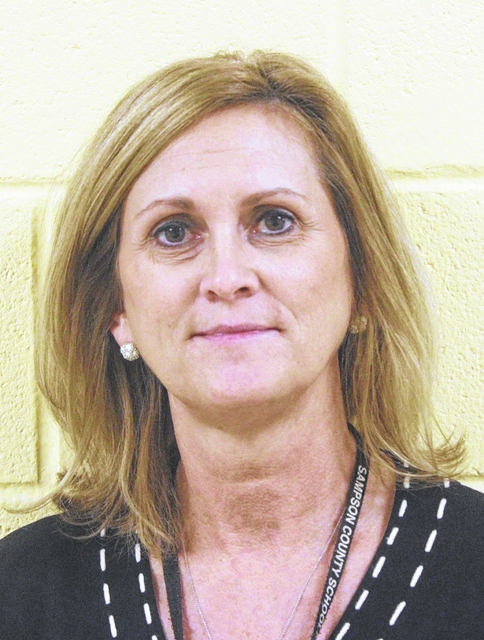With a new year coming up, Sampson School County officials are looking forward to continuing to advance education at the elementary level.
Jeana Carr, elementary curriculum director, presented improvement plans for elementary schools throughout Sampson County. Each school had different priority goals. Some of them included improvements to increasing End-of-Grade (EOG) scores, increasing classroom rigor and decreasing out of school suspensions. The school improvement plan was later approved by the Board of Education for Sampson County Schools.
District-wide, goals are assessed at the beginning of the year and later reviewed during the middle and end of the year. At Union Intermediate, one of the priorities is to focus on technology and digital literacy by making sure all students have access to devices to aid in education. Union Elementary would like to improve EOG English as a Second Language scores and improve staff morale by keeping staff turnover less than 5 percent.
Though events such as Family nights and using computer assisted instruction, Salemburg Elementary would like to improve EOG math and reading scores. Another goal is to reduce discipline referrals which leads to out-of-school or in-school suspensions. Plain View Elementary has similar goals.
In addition to improving reading and math proficiency, Roseboro Elementary would like each class to have at least 30 percent of parents from each classroom in attendance at every academic function. School officials plan to achieve this goal through communication.
A goal for Clement Elementary is to provide after-school remediation for at-risk students and Hargove Elementary would like to improve rigor in the classroom and show growth with certain subgroups.
Hobbton Elementary would like to increase the reading proficiency for Hispanic subgroups and Midway would like to increase proficiency levels at grades third through fifth.
Board member Mary Brown questioned the participation of students with improvement initiatives such as after school sessions or Imagine Learning, a language and literacy software program. Carr said it may vary from school to school. Transportation plays a big part with it.
“Making sure it’s relevant to what the children is very important,” Carr said. “It goes long a long way with working with the parents to let them know that is very beneficial to your child, because it is based on their needs.”
On all levels, Col. Tommy Macon, assistant superintendent for curriculum and student services, said remedial sessions are held during a portion of the day. During the fifth-block period educators work with students while they’re on campus.
“It’s to make sure we can work on skills they’ve not mastered,” Macon said.
In addition at the end of the year, Macon said the district provides after school tutorials with transportation.
Brown appreciated the feedback and explained that her concerns were based on trying to be an advocate for the extra help, if she was approached by parents. She also mentioned the struggles of trying to get youths involved in church, while comparing it to after school programs to boost education.
“Early intervention is the key,” Carr said. “It seems to work in the medical field, but it works in education too.”
Depending on the school, Macon said the district conducts student-led conferences and community bashes to encourage more involvement.
“It varies depending on the school level, but we’re trying to integrate a lot of different things that will hopefully get parents engaged with us about the student’s education,” Macon said.
To address literacy efforts, Sampson County teachers and educators across the state utilize Read to Achieve, which is part of the Excellent Public Schools Act. Under the program, third-grade students receive extra attention if they’re not reading on the right level.
“Going back to early intervention, we have found that the more we earlier intervene at the (kindergarten through second-grade) level helps with our third grade and being efficient on the third grade level,” Carr said. “All of that is embedded in each of the school improvement plans.”


